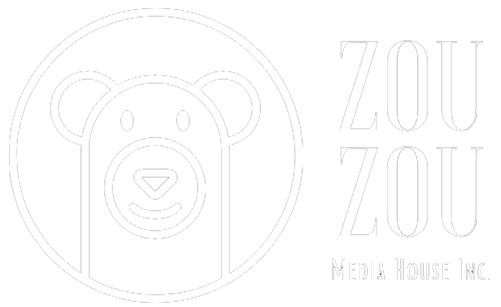Choosing the Perfect Genre to Write About.
For many budding authors, the journey of writing a book or a story often begins with the daunting task of choosing a genre. From thrilling mysteries to heartfelt romances, the options are vast and varied. It’s a question of finding the right fit, understanding market dynamics, and most importantly, listening to one's inner voice.
Now, you might be wondering: is there a 'best' genre? The short answer is no. The longer, more nuanced answer revolves around what 'best' means to different individuals. From a market perspective, certain genres, like romance and thriller, tend to sell more copies than, say, experimental literary fiction. However, commercial success is just one metric. For some, writing is about personal expression or artistic fulfillment, for which commercial popularity might not hold much significance.
Before you embark on your writing journey, it’s crucial to understand your motives. Are you writing to get published and top best-seller lists? Or is your goal more intrinsic, like exploring a personal narrative or experimenting with language and form? Your motives can help guide your genre choice. Below are a few variables that you can consider when choosing your genre:
Passion and Personal Experience
An undeniable truth in writing is that authenticity shines. Readers can tell when a writer is genuinely passionate about their subject or merely following a trend. Therefore, consider what excites you, what stories resonate with you, and what genres you love reading. If you have a personal experience or an untold story that fits a specific genre, it can add depth and authenticity to your writing. For instance, if you've travelled extensively, you might have a unique perspective for a travel memoir or an adventure novel.
Market Trends and Analysis
If commercial success is a priority, market analysis can provide insights into which genres are currently in demand. Romance, for instance, has been a consistent top seller for years. Thrillers, mysteries, and fantasy also have vast audiences. However, trends can be fickle. What's popular today might not be tomorrow. It's also worth noting that overcrowded genres can be highly competitive, making it harder for new authors to stand out.
Experimentation is Key
For the indecisive writer, there's no harm in dabbling in multiple genres before settling on one. Write short stories, novellas, or even just introductory chapters in different genres. Not only does this help you identify where your strengths lie, but it also allows you to gauge your enjoyment and passion for each genre.
Understanding Sub-genres
Each primary genre often has multiple sub-genres. For example, fantasy isn’t just 'fantasy.' There’s high fantasy, urban fantasy, historical fantasy, and many more. Each has its nuances and tropes. Sometimes, your unique story might fit better in a sub-genre, giving it a more niche but potentially more devoted audience.
Feedback and Critique
Once you've penned down something, seek feedback. Share your work with friends, family, or writing groups. Sometimes, external perspectives can offer clarity on where your natural flair lies. They might see a horror writer in you when you were bent on writing romance!
In essence, there isn't a one-size-fits-all answer to the 'best' genre. The best genre for you hinges on your passion, experiences, goals, and the unique stories you wish to tell. While market trends can offer guidance, remember that every genre has its audience, no matter how niche. Rememeber, there is never harm in starting with one genre and then switching to another. The worst you can do is stretch your writing abilities to test your skills or discover something you have never truly considered before - either way, it isn’t wasted time. The key is to find that intersection where your passion meets reader interest. When you write from a place of authenticity, regardless of the genre, your readers will feel it. And that connection is what makes a story truly memorable.

